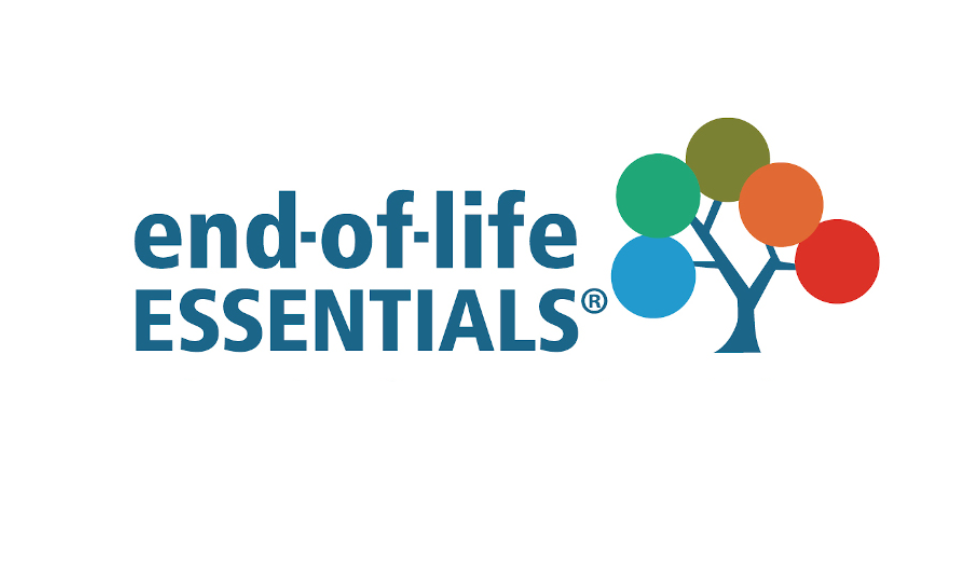End-of-Life Essentials
End-of-Life Essentials

End-of-Life Essentials (EOLE) is a comprehensive online education platform and practice resource that focuses on improving the quality and safety of end-of-life care within hospital settings. The project is aimed at clinicians, educators, senior managers, and quality assurance staff.
EOLE's primary objective is to equip healthcare professionals with the knowledge and skills necessary to provide high-quality end-of-life care. The platform offers a wide range of free evidence-based materials and resources designed to enhance the competence and confidence of health professionals.
Launched in 2016, and funded by the National Palliative Care Program Grants, the project has made significant strides. In 2023 over 35,000 learners have registered for EOLE. These learners have collectively completed over 78,000 education modules, and specific Toolkits and Training Resources have been downloaded over 24,000 times.
EOLE is on the verge of significant expansion, catering to individual learners and healthcare organisations with the following initiatives:
- Organisational tracking when EOLE introduces reporting and data collection for hospitals.
- An expanded Learning Management System enabling staff to access the education within their local workplace network.
- More quality assurance resources.
- Updated content on underserved populations, bereavement care, and patient perspectives.
The project’s impact is measured by evaluation of clinicians after they have completed EOLE education. Consistently, across all education, clinicians report significant increase in their knowledge, skills and confidence. This increased capacity facilitates compassionate care of patients, families and staff.
I had a patient recently whilst working on a ward and after completing only part of the course I felt better prepared than I ever have before. The patient’s family asked questions and I had empathetic and appropriate ways to have these difficult conversations whilst never sugar coating what was happening. The patient did die later in my shift, the family was prepared and the whole process was a lot less stressful - Nurse, Victoria
